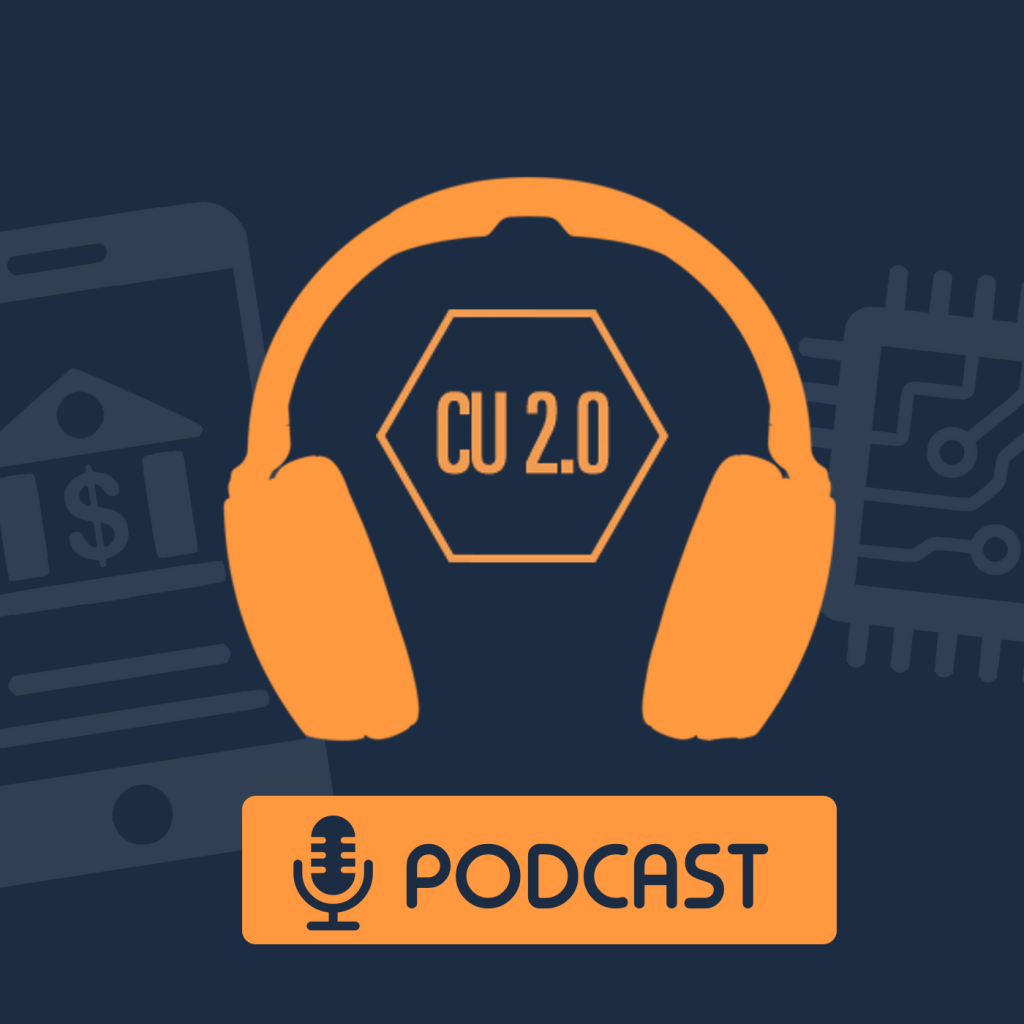Why Hoteliers Suck at Tech

by Robert McGarvey
Just one quotation in a Hotel Management “think” piece on hotels and tech (“HM roundtable takes look at transformative technology“) tells us all we need to know about why hotels so often fumble tech innovation and play catch up, perhaps for decades.
I give you in-room phones, in-room TVs with content to sell us, lame and unsafe hotel WiFi, unreliable room key cards, resistance to voice controls, and the list goes on and on.
Why is the question.
Mike Mueller, president of Wyndham’s Super 8 brand, pithily tells us exactly why: “Mike Mueller, president of franchised economy brand Super 8 by Wyndham, observed it’s often difficult to get buy-in from owners on new technology. ‘We have to prove out that the investment is going to have [a return on investment] before we ask somebody to make that investment. So, we spend a lot of time thinking about how do we introduce new opportunities at our hotels that guests are willing to pay more for? Because if they’re not willing to pay more for it than we shouldn’t really be doing it,’ said Mueller. “
That’s saying if we can’t monetize it we ain’t doing it.
I don’t mean to pick on Mueller. I’ve heard exactly the same from various senior hotel execs, generally off the record. Mueller is on the record so he gets the bullseye on his back. But know that he is just one of many singing the same sad song.
Here is how miserly hotels are regarding security: “Data from Statista presented to the Business Travel Association’s winter conference in London revealed food and hospitality companies had only invested an average £1,080 in internet security during 2019 – the least compared with 11 other sectors including construction and education.”
Dead last. How it did the industry get to this woeful state?
Because most hotel groups are “asset light” – meaning they manage but don’t own their properties – they must persuade the owners to spend on upgrades and owners, they say, don’t want to open their purses unless they are told the ROI. No ROI, no spend.
So it’s our fault hotel technology sucks because we won’t pony up for better. So they seem to say.
Let me ask you: are you willing to pay more for secure hotel computer technology so that your personal information is not feasted on by hackers – and hackers have been pillaging hotel data for years, including that of Wyndham’s guests?
Of course you aren’t willing to pay more because the safety and security of your data that is entrusted to a third party such as a hotel should be accepted as obligation on the part of that third party (a bank, a retailer, and of course a hotel).
Even giant Starwood suffered a breach of its guest reservations system that apparently began in 2014 and lasted at least into 2018.
And little operations too have been breached – the Trump hotels for instance suffered three breaches in as many years.
Let me ask you this: do you feel your data is safer today at a hotel than it was a half decade ago? I do not. Hotels simply do not have the appetite to aggressively spend on combating hackers – and we are the victims.
The hacks keep happening.
That’s not the only for instance. A few years ago I bluntly asked a very senior hotel executive – this was a personal conversation, not on the record – why his hotels’ wifi sucked. It was so bad I couldn’t imagine anyone using it. He agreed. But he added there was nothing that could be done because the owners were not willing to spend on upgrades.
I hear the same about the key cards that fail – not our fault, owners won’t pay for mobile door locks.
I have to wonder if part of the popularity of Airbnb with many consumers is that some of those owners are investing in 21st century technology.
The reality is that most of the tech investments I personally make don’t have a significant ROI. But they do make my life a bit easier. Do I need an Alexa or Google device in every room in my home? Nope. But they are there because I like the convenience of asking for a light to be turned on or for a weather report.
I’d like same in my hotel rooms but, no, I’m not willing to pay extra for it.
I invested in Google mesh to upgrade my home/office WiFi because I wanted the speed. Is there an ROI? Maybe, maybe not. But I sure do like the speed.
The bottomline for hoteliers is that technology nowadays is a necessity. In 1970 would a guest pay more for a room with AC? I doubt it. In 1950 maybe. In 1970, nope. He/she just wouldn’t book a room in a hot place that didn’t have it.
That’s the real message for hoteliers to smack owners with: spend on technology or lose guests. Deliver fast WiFi, strong cellular signals, mobile door locks, voice controlled lights and drapes, and all the rest of the cool stuff I have in my home.
Or I will go elsewhere for it.
I won’t pay more for it. I just won’t pay anything when it’s absent. I’ll stay elsewhere – and I believe so will increasing numbers of guests.
Upgrade or perish.
